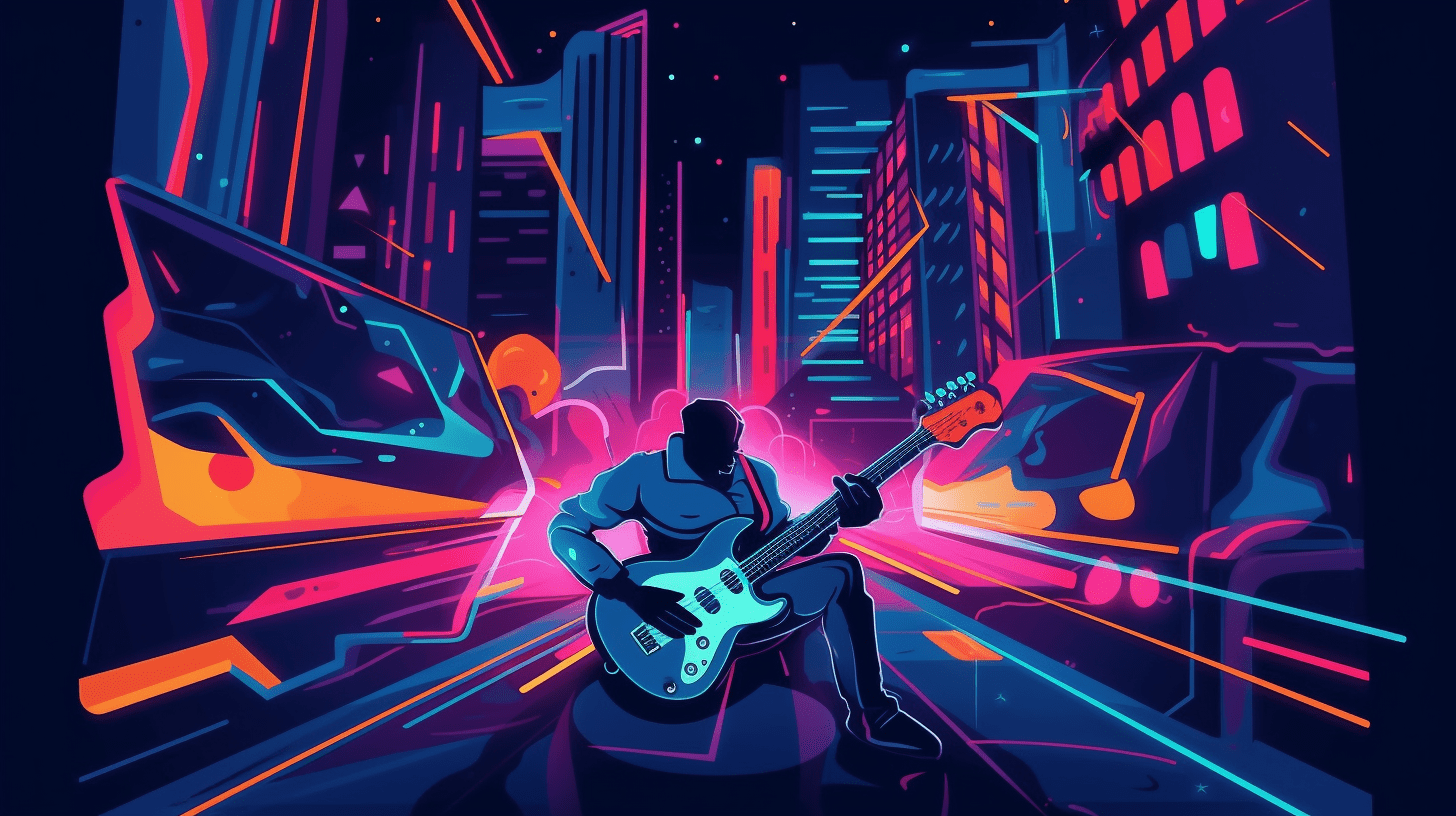
As songwriters, we have always sought to express ourselves and connect with others through our music.
However, with the rise of artificial intelligence (AI), some have questioned its role in songwriting and the creative process.
In this article, we will explore the possibilities and limitations of AI in songwriting and its impact on the music industry.
What is AI, and how does it work?
AI refers to the ability of machines to perform tasks that usually require human intelligence, such as learning, problem-solving, and decision-making. It involves using algorithms, statistical models, and machine learning techniques to analyze data and make predictions based on patterns and trends.
In songwriting, AI can generate lyrics, melodies, chord progressions, and even entire compositions based on input data, such as existing songs, genres, moods, and themes. This is achieved through neural networks, deep learning, and natural language processing (NLP) technologies, which enable machines to understand and manipulate human language and music in a more sophisticated and nuanced way.
The Pros and Cons of AI Songwriting
On the one hand, AI songwriting offers many potential benefits for musicians and audiences alike. For example:
- AI can help songwriters overcome creative blocks, generate new ideas, and explore new musical styles and genres.
- In addition, AI can provide more efficient and cost-effective solutions for music production, especially for independent artists and producers.
- AI can enhance the overall listening experience by creating personalized playlists, recommending new artists and songs, and improving sound quality.
On the other hand, AI songwriting also raises several concerns and challenges, such as:
- AI-generated music may lack the emotional depth, authenticity, and creativity often associated with human songwriting.
- AI-generated music may reinforce existing biases and stereotypes in the music industry, such as gender, race, and cultural stereotypes.
- AI-generated music may also face legal and ethical issues regarding copyright, ownership, and artistic expression.
Examples of AI Songwriting Tools and Techniques
To better understand the capabilities and limitations of AI songwriting, let us look at some examples of AI-powered music tools and techniques:
Amper Music
Amper Music is a web-based platform that allows users to create and customize original music tracks in various genres and moods using AI-generated melodies, harmonies, and rhythms. In addition, the platform uses machine learning algorithms and human curation to ensure quality and diversity in its output.
AIVA
AIVA (Artificial Intelligence Virtual Artist) is an AI-powered music composer that can generate original symphonic music based on user preferences and feedback. AIVA uses a neural network model trained on thousands of classical music pieces to create its own unique compositions.
Flow Machines
Flow Machines is a research project exploring the intersection of AI and music by developing algorithms to analyze and generate music in different styles and genres. The project has produced several notable examples, such as "Daddy's Car," a Beatles-inspired song composed entirely by an AI system.
Conclusion
The impact of AI on songwriting and the music industry is still in its early stages, and there are many potential benefits and challenges to consider.
While AI-generated music can offer new opportunities for creativity and innovation, balancing these benefits with the need for human expression, diversity, and authenticity in music is crucial.
As songwriters and music lovers, we can embrace AI as a tool for inspiration and exploration, but we should also be aware of its limitations and ethical implications.

